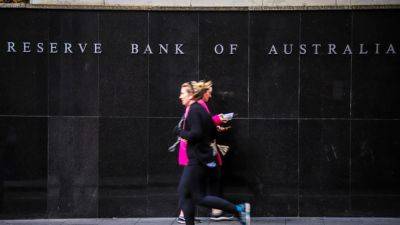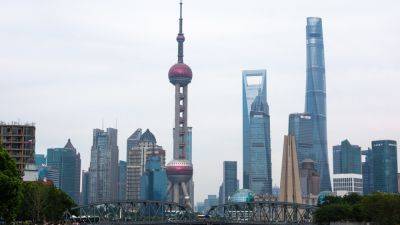Wall Street Lands on India, Looking for Profits It Can’t Find in China
Mumbai, India’s financial capital, has seen a lot of new faces over the past year. The heads of global banks have been trooping through, visiting its stock exchanges, buying property and hiring new staff.
A postpandemic boom has pushed the value of India’s stock market to about $5 trillion, putting it neck and neck with Hong Kong’s. India’s economy is among the fastest growing in the world. Wall Street can’t ignore India anymore.
The point of entry is Mumbai, a port city of 26 million people, counting its suburbs. Mumbai has been given a makeover: Suspension bridges span its seaways, as well as its infamous slums, and new metro lines have been carved beneath its Art Deco and Indo-Saracenic facades and rumbling commuter railways.
Mumbai has been India’s commercial hub for eight decades, but it was relatively unfamiliar to global finance until the past two years.
Now North American pension managers, sovereign wealth funds from the Persian Gulf and Singapore, Japanese banks and private equity firms are clamoring for a piece of India’s growth. Old hands and novices alike can rattle off reasons India’s rise is inevitable.
Making money will be easier said than done, not least because Indian investors got here first. Compared with Indian companies’ current profits, their stock prices are high.







